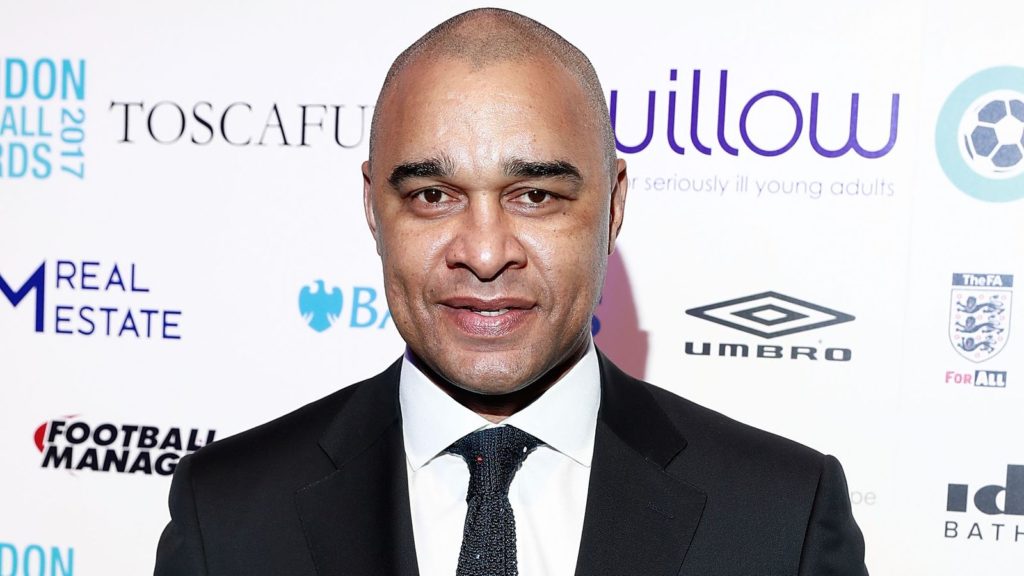Enough with the symbolic gestures.
We’ve already seen enough of that from the government with no real change behind it. What the FA needs to be doing is innate changes, strategic evolution and systematically dismantling all appearances of racism and discrimination.
The last fortnight has seen the resignation of Greg Clarke after the untimely referral to non-white footballers as “coloured” which sparked virtual outrage and numerous conversations in the week of internationals.
In an era of perceived wokeness, progressivism and diversity, the most influential governing bodies have come under serious scrutiny due to the lack of real change in diversity at governance and management level.
What are the current generation saying?
“Appointing a black man or woman as the next Football Association chairman would be a huge step forward”
The words of England international Tyrone Mings, followed by “There’s no point placing someone there, them failing and then saying, ‘Oh, we tried’. It’s about how can we improve the process.”
With these words Tyrone showed what an ideal would look like, whilst acknowledging the distance there is between the ideal and reality.
Former England defender Joleon Lescott also added his voice, echoing the same sentiments. What is unfortunate is, this is a situation where it will take more than a few words from contemporary voices to impact change.
It’s something that has been all talk and a lot of cosmetic actions such as “No Room for Racism” and “Show Racism The Red Card” but nothing from the FA, who should be at the forefront along with the various entities within.
Fortunately, in the past month, there is the Football Leadership Diversity Code that was launched, heavily driven by the head of the FA’s inclusion advisory board, Paul Elliott.

Systematic change, not a symbolic gesture
In a nation whose leaders have shown themselves to favour symbolic gestures over systematic change, the governing body of the national football team cannot afford to follow in the same haphazard footsteps of their political counterparts.
Institutions where symbolism is prioritised over strategic, systemic change will fail to evolve and as such, become inapposite entities in ever-changing surroundings. The FA is one cosmetic move away from that, in what is a critical moment
Approximately a third of all professional players in England are of African, Caribbean descent (along with other minorities) with less than a third of all Premier League minutes being played by players from English shores (a number which has been on the decline for the last 15 years).
However, the FA Board currently comprising 9 people (four women and one non-white). Herein lies the problem, a governing body that does not reflect the individuals, teams, clubs and fans they are serving.


